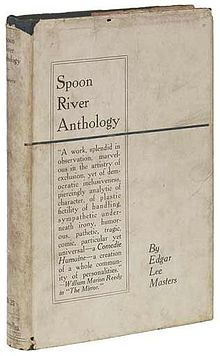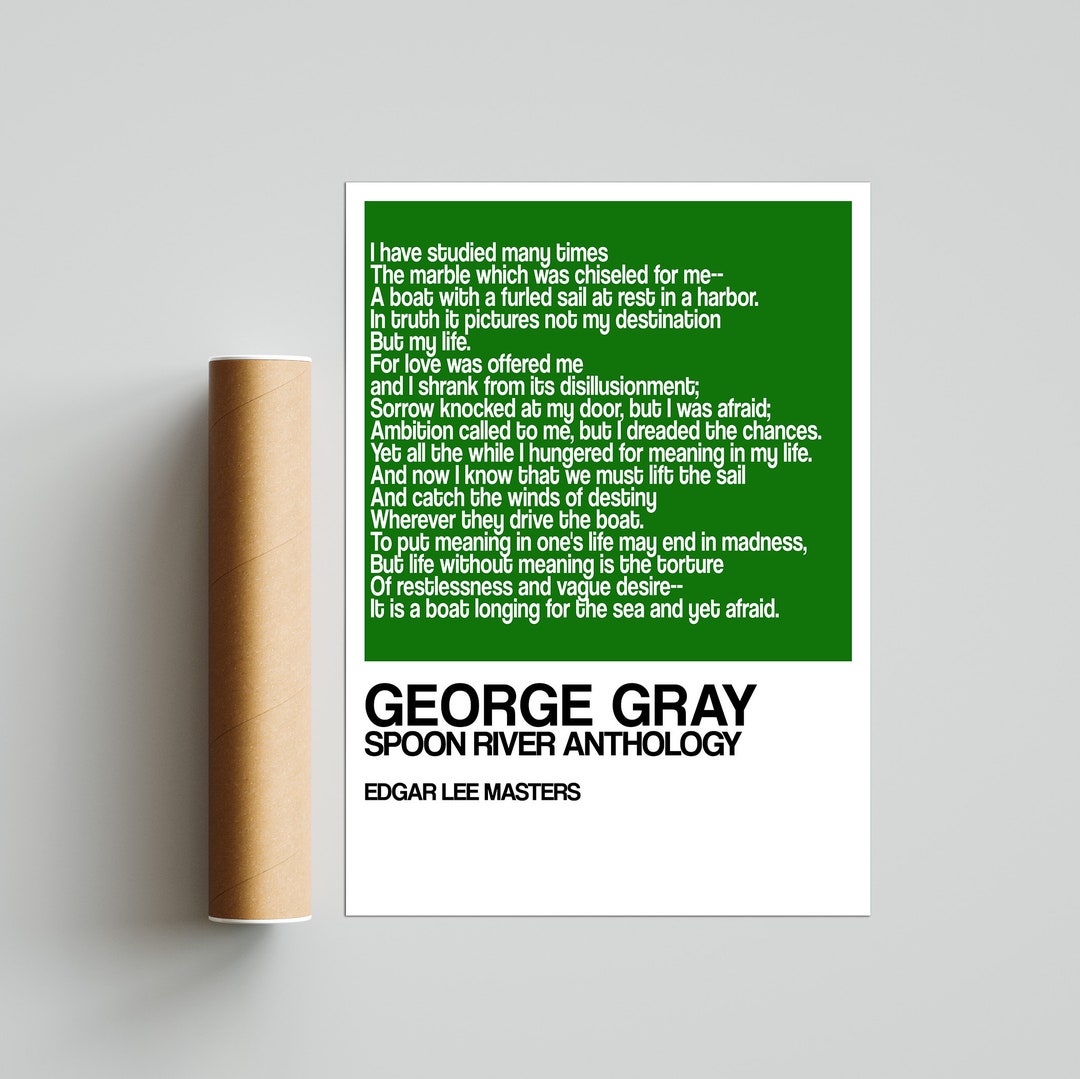

Unlike the other people of the village, she was not buried on the hill, but under a “pine tree” (l. Sarah Brown speaks to her lover Maurice to console him after her death. The titular character and first person narrator of the third poem in the anthology 5) which implies that she unsuccessfully tried to fight him or at least flee, before he left her to die at the hands of the village’s doctor. His nickname already implies a brutish and merciless nature (his actual first name is never revealed) and this is also reflected in the brutal manner of her death. The use of a nickname suggests that she has known him before, or that he is a known figure in the village, and he is likely one of the men who has repeatedly heckled her on the streets.

Minerva Jones finds her demise at the hands of a man called “Butch” Weldy. The fact that she has no one to name to do this for her, but asks the reader further stresses her loneliness. 12), and yearns for her poetry to be published in a book after her death. Whether or not she has tried is not stated but she herself claims to have always “hungered so for life” (l. 1) and has published her work in the village newspaper, she has not had any success outside of her village. While Minerva is the self-styled “village poetess” (l. Minerva implies that her entire life was characterized by ridicule and mockery when she states how she has “thirsted so for love” (l. Not only is she overweight, but she is also afflicted with a lazy eye and a somewhat uneasy, heavy walk, all of which makes her a target of ridicule and heckling for the brutes on the streets. She describes her physical appearance as unattractive. The unfortunate titular character and first-person-narrator of the second poem in the anthology We are thankful for their contributions and encourage you to make your own.

These notes were contributed by members of the GradeSaver community.


 0 kommentar(er)
0 kommentar(er)
